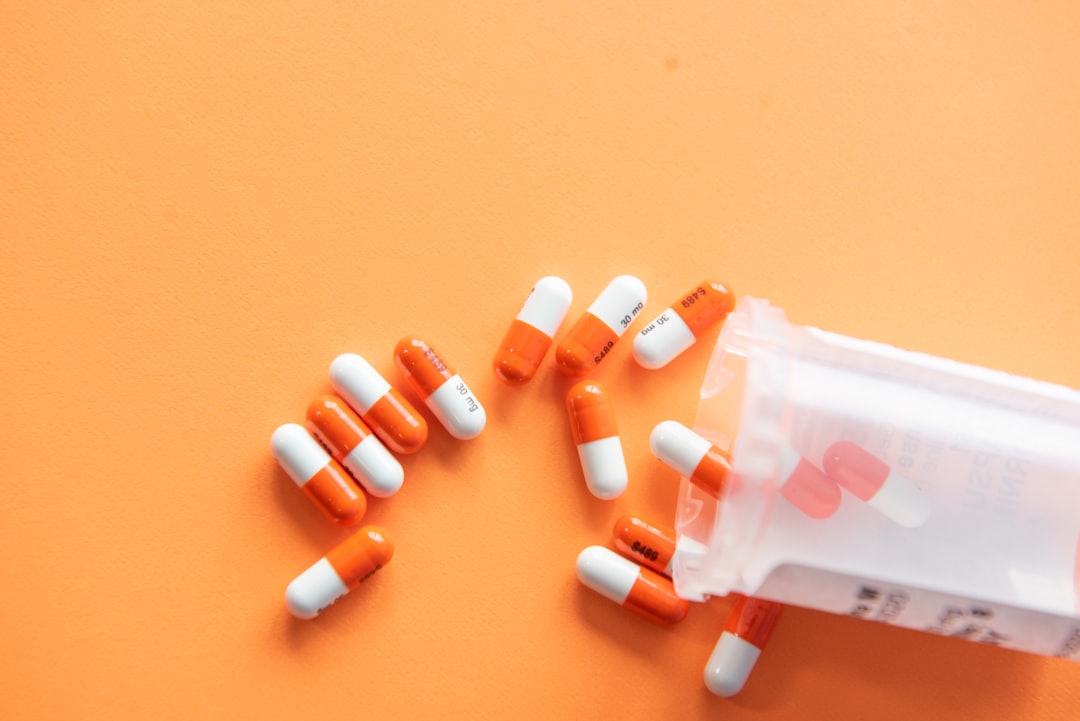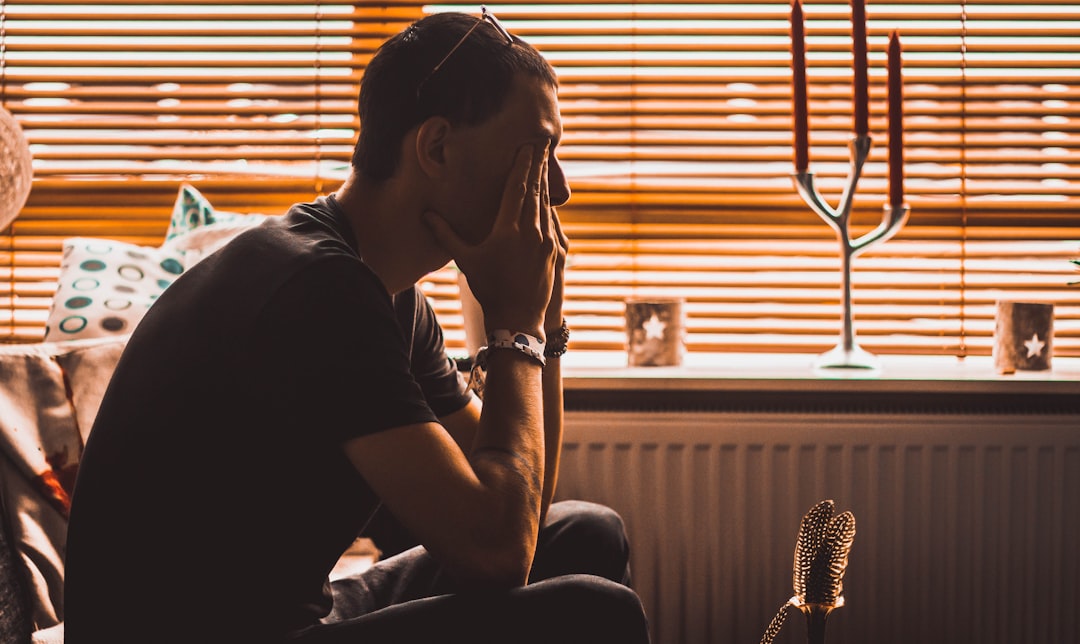Disclaimer: The information and opinions in this article should not be construed as constituting personal medical advice. Antidepressants should NOT be stopped suddenly as this can lead to severe withdrawal reactions. Reducing the dosage of antidepressants or any other psychiatric medication is best done in consultation with your prescriber.
I was doing my pre-doctoral internship at Napa State Hospital in 1992. The internship director was speaking to all of us interns at a training meeting. He told us if a depressed person came into our office, we must refer them to a psychiatrist to be put on medication. If we did not do this, we could lose our license! This struck terror in the hearts of us young people on the verge of entering our careers. At least it did in mine, and I could already see then that psychiatric drugs, including antidepressants, weren’t the cure-all they were touted to be.
Years later, when I started my private practice, I had decided I wasn’t going to let my interactions with people I was trying to help be dictated by fear—so I never referred anyone to a psychiatrist. But interestingly, I didn't often see new patients who felt depressed who were not ALREADY on psychiatric medication. They had often been prescribed an SSRI (selective serotonin reuptake inhibitor) by their primary care physician, nurse practitioner, or physician assistant for despair over a recent break up or death of a loved one—life events that we are SUPPOSED to feel sad about!
This trend of prescribing medication whenever a person reports any emotion or experience that is less than “positive” has only increased over the years. I call it the “over-medicalization of human suffering.” Every emotion a human has that isn’t calm or happy is now a mental health problem, thanks to the pharmaceutical industry and the help of organizations like the American Psychiatric Association—and the complicity of many health professionals and therapists.

Back to antidepressants themselves. The most commonly prescribed are the “selective serotonin reuptake inhibitors” or SSRI’s. Also fairly commonly prescribed now are the “serotonin norepinephrine reuptake inhibitors” or SNRI’s. Both serotonin and norepinephrine are neurotransmitters, two of the more than 100 that have been identified in the human body. These are chemicals that allow communication between neurons—a neuron releases a neurotransmitter when stimulated and adjacent neurons detect this neurotransmitter and, in turn, they are stimulated. The neuron that originally released the neurotransmitter is able to take the chemical neurotransmitter back up into itself (reuptake) to “stop” its signaling. Reuptake inhibitors block this process which effectively causes more of the neurotransmitter to be present in the system (at least initially, see below).
Despite what you’ve probably been told, there is NO evidence whatsoever that people who are experiencing depression have any less of any neurotransmitter, including serotonin or norepinephrine, in their brains or bodies than people who aren’t depressed. But because these drugs result in more neurotransmitter being present and because some people purportedly feel less depressed when taking them, it has been hypothesized through a sort of backwards logic that the reason for depression is a biochemical imbalance of serotonin or both norephinephrine and serotonin.
Although this information has been known by those interested in the subject for years, thankfully a new review study has just been published that demonstrates, again, that there is no evidence depression is caused by low levels of serotonin. This study is thankfully getting a lot of press—more than I’ve ever seen—questioning the basis upon which antidepressants are prescribed to millions of people every year.
Note that SSRI’s are also commonly prescribed for anxiety as well. Why? Because the most “effective” drugs for anxiety are benzodiazepines, but these are often avoided by prescribers because they are known to be addictive and have received a much worse rap than the SSRI’s—primarily because they’ve been on the market much longer and are no longer under patent (so pharmaceutical companies don’t make the huge profits off of them that they do with “new” antidepressants).
Why am I not a big fan of antidepressants?
First of all, most of the time antidepressants don't really work. If they worked, why would I get so many clients who come to me for help who are already on them? People who are on antidepressants come to me because they are STILL depressed or anxious or experiencing the symptoms of whatever they were put on antidepressants for. Well conducted, non-biased research (not funded by the pharmaceutical industry) confirms that antidepressants are barely (if at all) better than placebo in making people feel less depressed (see this review).
For those people who feel that antidepressants “work” for them initially, most who take them long term find at some point they seem to “stop working.” Often this results in the prescriber upping the dosage, and if this still makes no difference, the person is put on a different antidepressant, or their treatment is “augmented” by adding in another antidepressant or other medication (see Figure 1 in this article for a decision tree prescribers can use for what to do next when their patient’s depression becomes “treatment resistant”).
The trouble with all these approaches that involve giving a person a drug is that the body is always trying to get back to homeostasis or balance. So when you give an SSRI or an SSNRI that effectively forces more serotonin (or serotonin & norephineprhine) into the system, the body is going to adapt by down regulating this system. For instance, eventually the body will produce fewer serotonin receptors on post synaptic neurons (see this article). This explains why antidepressants stop “working” and why most people who have been on them for any length of time experience withdrawal effects when they stop taking them (without the drug, there is less serotonin in the system AND the body has downregulated serotonin receptors, so the brain “crashes” in effect and people experience intense emotion, electrical zapping sensations, feelings of sickness, and other negative effects. See this article for a more detailed explanation of all the ways in which the body tries to return to homeostasis when given an antidepressant drug.
But, so what, you might say. If someone feels like a pill helps them, then why shouldn’t they take it? I agree, in principle— I’m all for freedom of choice—if someone wants to take a pill, that really is their business—especially if the pill doesn’t affect them or others negatively. But the problem is these pills can and do negatively affect people who take them.

Antidepressant adverse effects
Antidepressants are associated with a number of negative side effects which are actually caused by too much serotonin in your body. Most of symptoms go away after a few weeks (more evidence that your body is returning to homeostasis) but still, these negative effects are good to be aware of as they can be serious.
Some negative effects of antidepressants are not temporary. As discussed above, “treatment resistant depression” can develop which results in prescribers recommending higher doses or additional drugs. Even worse, there is also some evidence that people who use antidepressants long term can develop “tardive dysphoria.” Tardive dysphoria is when long term use of antidepressants induces chronic depression that does not respond to treatment at all. Here are two articles about this:
Tardive dysphoria: antidepressant-induced chronic depression
Tardive dysphoria: The role of long term antidepressant use in inducing chronic depression.
Not only can long term use of antidepressants result in chronic depressive states, it can also (albeit rarely) lead to permanent involuntary movement disorders such as tardive dyskinesia, as these researchers found. More recently, researchers using the World Health Organization’s Pharmacovigilance database also found an association between antidepressant use and movement disorders. More typically associated with antipsychotic drug use, these movements are involuntary and often involve facial grimaces and tics that sometimes do not go away, even after the person stops taking the medication. Here is a video that shows what some of these movements look like.
Another physical problem antidepressants can cause is akathisia, which is a feeling of intense inner restlessness and agitation so severe that it can result in desperation leading to aggressive, out of character behavior towards oneself or others. These side effects were so common that in 2004, the FDA was compelled to put a “black box warning” on antidepressants, to inform the public that they can cause increased suicidal ideation and behavior in young people (although actually people of all ages can experience this). Akathisia can also result in violent acting out, and there appears to be a correlation between SSRI use and violent crime, at least among young people. An increasing number of organizations are reporting on the possible link between antidepressants and violent behavior such as school shootings—just google it.1
I don’t feel anymore
The most common side effect I’ve noticed in people taking antidepressants is distortion of emotion. I can often tell when a person has just been prescribed an antidepressant because they appear overly, almost inappropriately, happy and smiley. They will be way more animated than usual, almost to the point of appearing strange. However, those who have been on antidepressants for longer periods have the opposite problem—a deadening of feeling and emotion. Even when telling me about something particularly sad (like a death of a loved one) they don’t cry. When I ask them about it, they say it is almost like they can’t cry. They also rarely smile, even when telling me about something good that has happened. This is called blunting of affect. Typically it is thought of as being a symptom of depression, and it certainly can be. But it is also a phenomenon associated with antidepressant use. In this study, 669 people being treated with an antidepressant reported significantly more emotional blunting than 150 “recovered” controls no longer taking antidepressants. In this study, participants given antidepressants experienced decreases in empathy for others when compared to a control group and when compared to their own empathy scores prior to starting antidepressants, and in this one, antidepressant users had increased apathy and decreased motivation.
I’ve often heard patients say when they are on antidepressants they have the same old problems but they don’t care about them anymore! The issue for me as a therapist is, when people come to me to actually heal their depression, they need to be able to feel their feelings. They also need to be able to feel a modicum of empathy and compassion towards themselves. Otherwise, it is difficult to transform those underlying emotional learnings at the root of their depression. At some point in the course of therapy, we run up against the obstacle of antidepressant induced emotional blockage—and then once again the drugs have become a problem, not a solution.

For more information on antidepressants and violent behavior, see
https://ssristories.org
https://psych.breggin.com/category/ssris-and-other-antidepressants/
http://antidepressantadversereactions.com/side_effects/hostility.php



Very interesting! I heard recently from someone else that they are now acknowledging that the whole serotonin thing is not true. Thanks so much for this very readable article as well as the great links you put in. I remember being told that many people need to be on these drugs in order to be in a space where they can access therapy. You pointed out that in fact the opposite is true-that folks need to be able and willing to feel their feelings in order for therapy to really work. I found your writing about the blunting affect particularly interesting. So what are the implications of this for social change? So if I no longer feel strong feelings or just don't care and am apathetic I'm not going to be motivated to change the dysfunctions and destructive forces at work in society. I guess that's a whole other subject of how a drugged society is a very effective tool of social control. Thank you for this enlightening article Sarah.
Thank you Sarah; your explanation on withdrawal symptoms is useful! I am the chairperson of the Dutch Association Tapering Medication and work voluntarely more than fulltime helping patients to come off their psychoactive meds in a safe way. I surely will recommand reading you article!